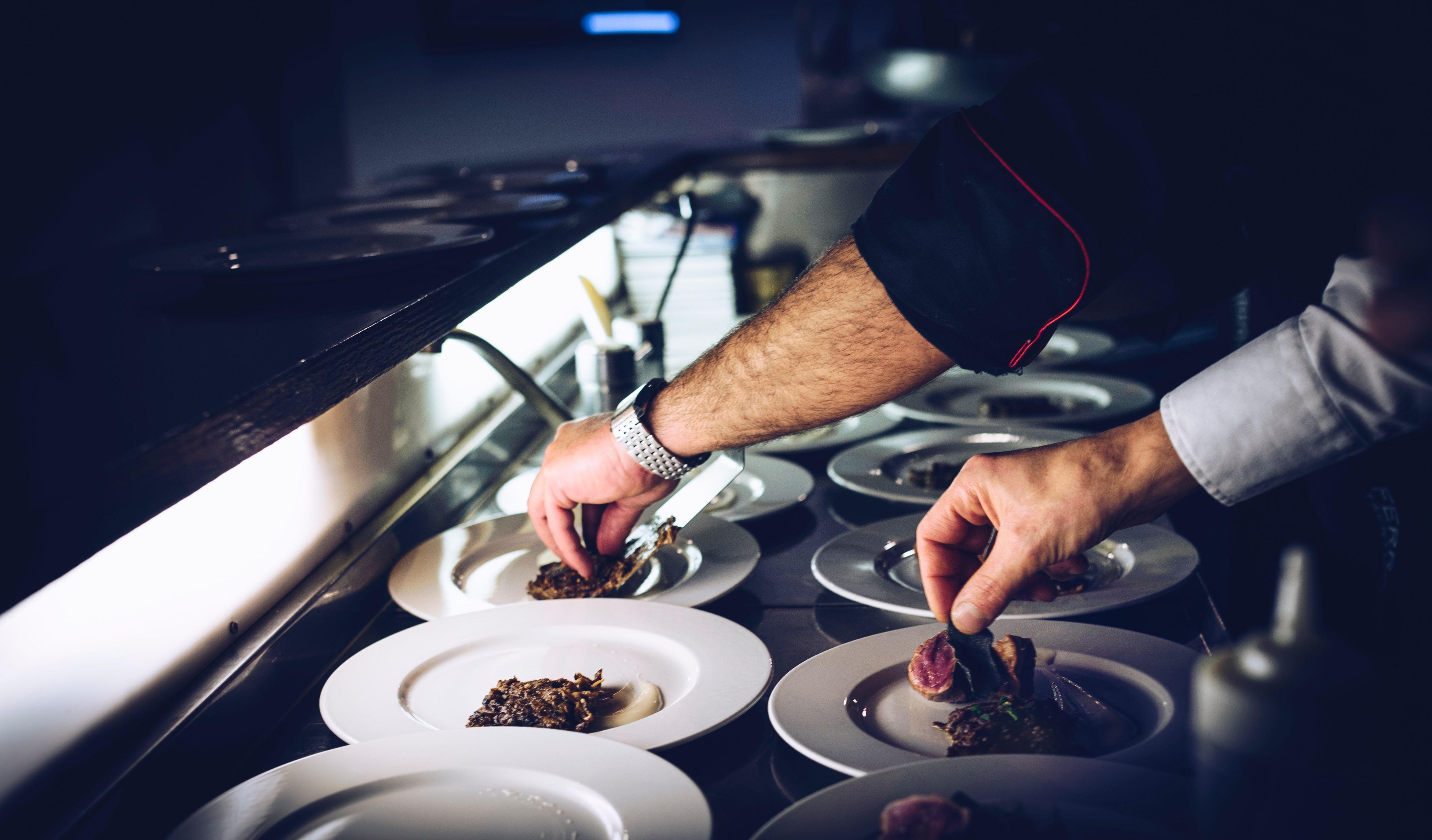
If you want to be a professional chef, Etasgo Academy offers you the perfect opportunity to enrol on a culinary arts course in KL, Malaysia. The culinary course offers a Diploma in F&B Management and a Diploma in Culinary Art. This article is going to explain what you are going to learn from getting a lesson in this Kuala Lumpur culinary arts school.
The culinary arts course runs for 1 year, 3 months and is gotten from combining two professional programs. The first program is a diploma in F&B Management and the second is a Diploma in Culinary Art.
Course Content of a Diploma in F&B Management
This cooking course in Kuala Lumpur will deal with the following topics:
- A special module that covers hospitality in English.
- Knowledge in human resource and gives students the ability to understand and interpret labor law.
- Information about the purchase of food and the aspect of receiving, storing and controlling flow.
- It teaches students to be able to understand and recognize the F&B Industry.
- It helps in developing the ability to monitor service procedures.
- It teaches the students how to manage staff members.
- Education on advertising methods used in the food and beverage industry.
Course Content of a Diploma in Culinary Art
This cooking course in Kuala Lumpur is taken in 17 modules which include:
- Module 1: Organization of the kitchen structure, equipment, and hygiene. This emphasizes knowledge of the different equipment types used in the kitchen and how to take proper hygiene of them.
- Module 2: Practice and Methodology. This has to do with proper etiquette and methods to follow when in the kitchen such as the proper way of holding a knife and carving food.
- Module 3: Knowledge of Temperature and Practicing of Technique. This deals with how to determine the ideal temperature for food and the various cooking methods.
- Module 4: Basic Soup and Stock. This involves teaching on the various types of soups and chowder.
- Module 5: Salad. This is going to educate on the different varieties of salad, different dressing types used and knowledge on focaccia.
- Module 6: Pasta. This module will focus on how to make handmade pasta, the varies of pasta and sauce.
- Module 7: Seafood and Fish. This covers the different features of seafood and fish. It also teaches how to fry and grill fish.
- Module 8: Poultry, Beef, and Lamb. This will cover the various parts of beef and lamb. This module also educates on how long to keep it on fire to determine its doneness.
- Module 9: Canapé. This will cover all the essential details every chef needs to know about canapés.
- Module 10: Chinese Cuisine. This deals with Asian cuisine with special attention to the cuisine of the Chinese-Traditional and Modern.
- Module 11: Advance Programme. This goes a step further and teaches advanced topics such as risotto, middle ease cuisine, cheese quesadilla, and duck confit. It also covers aspects such as beef short rib and braised lamb shank.
- Module 12: Frozen foods. This explains the reason and theory behind freezing foods.
- Module 13: Food Plating. This gives an understanding of the food plating concept. Learn how to entice diners with exquisite plating techniques.
- Module 14: Menu Planning. This teaches students how to plan a menu.
- Module 15: Cost and quality control. This gives knowledge on how to plan for cost and ensure that the foods are always up to standards.
- Module 16: Fine Dining. This covers important aspects such as scallop, crayfish, Parma ham, crab and how to set a fine dining set menu.
- Module 17: Basic Western Pastry and Baking. Basic knowledge of western pastry and baking.
As you can see, our courses here are well-rounded to prepare you for the culinary world. Etasgo Academy is a Kuala Lumpur culinary school that can be trusted to teach you all the required skills to be a chef.
If you are in Malaysia and need a place to enrol for a culinary art and baking course, do give us a call today. We will be glad to answer all your questions.


 CN
CN